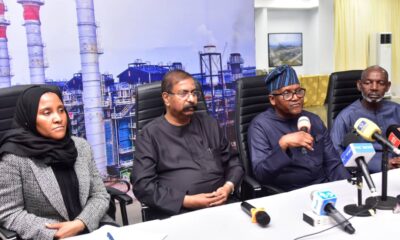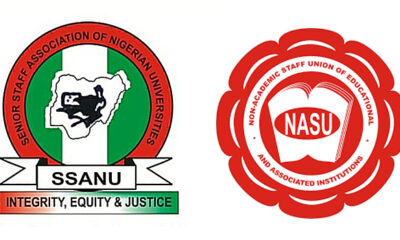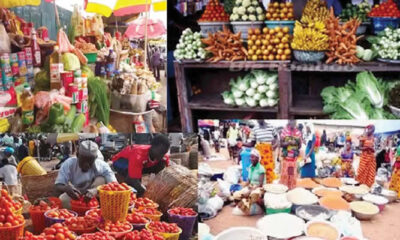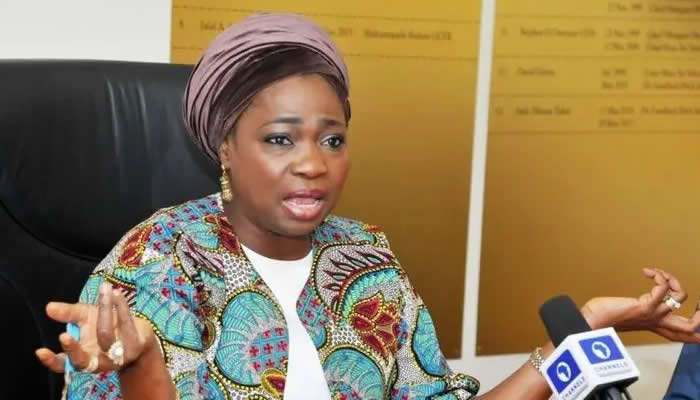The Senior Staff Association of Nigerian Universities (SSANU) and the Non-Academic Staff Union of Educational and Associated Institutions (NASU) have given the Federal Government a seven-day ultimatum to address long-standing grievances affecting non-academic staff across universities.
In a joint letter dated September 12, 2025, the unions criticised what they described as the “unfair” sharing of earned allowances, the non-payment of outstanding entitlements, and delays in resolving other critical labour matters.
The document, signed by SSANU President Muhammed Ibrahim and NASU General Secretary Peters Adeyemi, reminded Education Minister Tunji Alausa of an earlier letter from their Joint Action Committee (JAC) on June 18, 2025. That letter, they said, had outlined pressing issues requiring government intervention.
Following the correspondence, the minister convened a meeting with NASU and SSANU leaders on July 4, 2025, to discuss the concerns raised.
According to the unions, the outstanding matters include: the “unjust disbursement” of ₦50 billion in earned allowances, non-payment of withheld salaries, failure to implement a 25/35 per cent salary increment, and the delayed renegotiation of the 2009 FGN–NASU/SSANU agreements.
They warned that if the government failed to act within the seven-day window starting Monday, September 15, 2025, their members would embark on a series of lawful industrial actions, including strikes.
The statement further noted that during the July 4 meeting, it was agreed that a Tripartite Committee—comprising the Federal Ministry of Education, the National Universities Commission, and representatives of the two unions—would be set up to address the imbalance in the ₦50 billion allowances. The unions argued that while university staff received a share, workers in Inter-University Centres were completely excluded.
On the matter of two months’ withheld salaries, the unions said there was no resolution at the July meeting. However, the minister reportedly pledged to fast-track the payment of arrears tied to the 25/35 per cent salary increment owed to members.
They added that a reminder letter was sent to the minister on August 18, 2025, due to what they described as his office’s silence—or deliberate refusal—to act on the issues.
The statement also faulted the government for dragging its feet on the renegotiation of the 2009 agreements. The committee chaired by Alhaji Yayale Ahmed, inaugurated on October 15, 2024, only met with the JAC once—on December 10, 2024. Since then, the unions claimed, the government team has stopped engaging them, even though it has reportedly concluded renegotiations with the Academic Staff Union of Universities (ASUU).
The unions recalled that they raised this concern during the July 4 meeting, where the minister promised to intervene. However, no progress has been recorded since then.
“Despite our repeated attempts to draw attention to the plight of our members in universities and Inter-University Centres, the government has failed to act,” the unions said.
They stressed that, given the continued inaction, they had no choice but to issue a final seven-day notice beginning September 15, 2025. Failure to meet their demands, they warned, would result in nationwide strikes and other industrial actions.

 BIG STORY1 day ago
BIG STORY1 day ago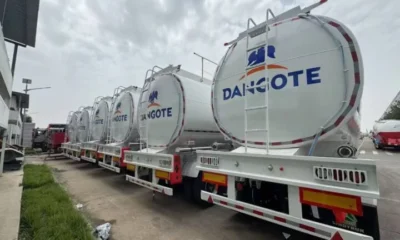
 BIG STORY4 days ago
BIG STORY4 days ago
 BIG STORY5 days ago
BIG STORY5 days ago
 BIG STORY4 days ago
BIG STORY4 days ago
 BIG STORY4 days ago
BIG STORY4 days ago
 BIG STORY4 days ago
BIG STORY4 days ago
 BIG STORY1 day ago
BIG STORY1 day ago
 BIG STORY4 days ago
BIG STORY4 days ago







